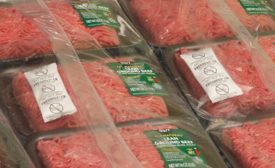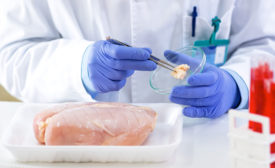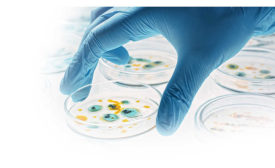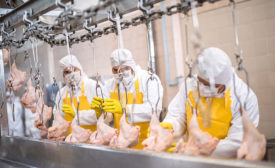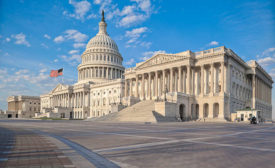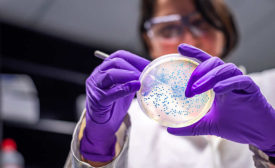Legislative
Bringing perspective to the regulations and legislation that affects the industry.
ARTICLES
Industry Issues | Inspection Rules & Regulations
State and federal governments offer mixed bag for small processors
Companies get opportunities to expand, though working within ever-changing regulations remains an issue.
Read More
Commentary | Regulations & Legislation
CSPI petitions FSIS to implement enforceable Salmonella controls, supply chain requirements
Read MoreCommentary | Poultry Perspectives
Regulatory implications associated with an administration change
Read MoreCommentary | Regulations & Legislation
FSIS proposes to expand E. coli testing for non-O157 STEC
Read MoreGet our new eMagazine delivered to your inbox every month.
Stay in the know with The National Provisioner's comprehensive coverage of the meat and poultry processing industry.
SUBSCRIBE TODAY!Copyright ©2024. All Rights Reserved BNP Media.
Design, CMS, Hosting & Web Development :: ePublishing
